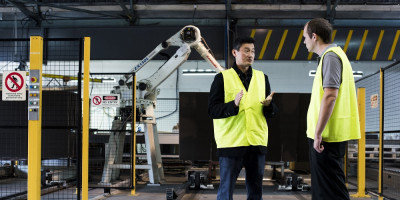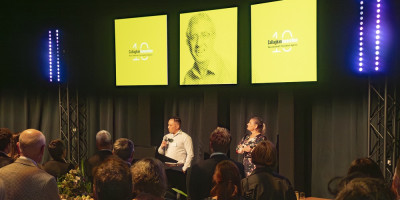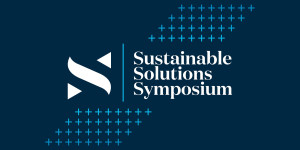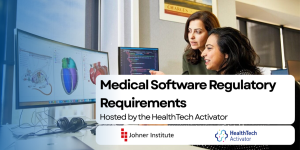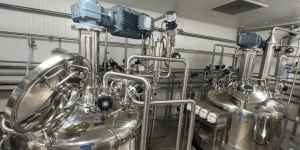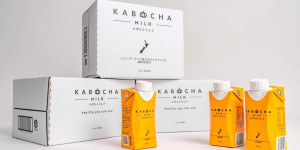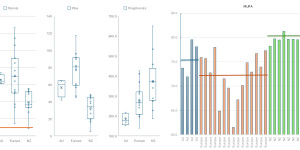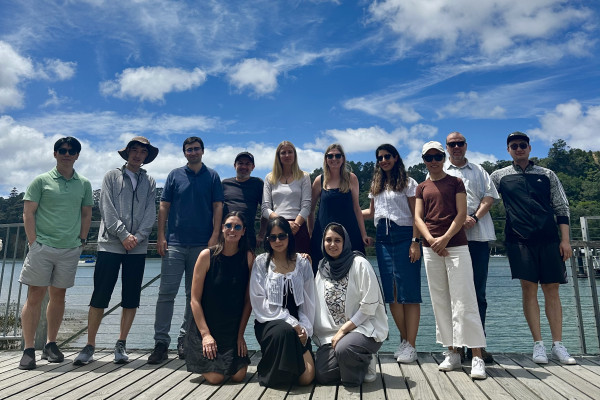Heart disease is one of the world’s most preventable causes of death. Healthtech startup HeartLab is on a mission to help the doctors diagnosing it, using AI to give them better, and quicker, information from echocardiograms.
At a glance
- Healthtech startup HeartLab is using artificial intelligence (AI) to help in the fight against heart disease, helping doctors with the time-consuming and manual process of reviewing echocardiograms.
- HeartLab has tapped into New Zealand’s healthtech ecosystem, including accessing Callaghan Innovation support, to help it with everything from company incubation, to funding, to market validation.
- After initial testing in the New Zealand market, HeartLab has launched in clinics in both Australia and the US.
Callaghan Innovation’s grants to help take on interns are hugely valuable, particularly for small, early-stage companies like ours. They’ve let us add to our headcount, while also offering opportunities to students they otherwise wouldn’t have.
- Will Hewitt, CEO & Co-founder, HeartLab
Saving time, saving lives
Around 100,000 echocardiograms are performed each year by New Zealand doctors. Head to the US and that figure is around 38 million. And whilst the scans are great at highlighting heart issues, each scan takes around 20 minutes of a doctor's time as they take manual measurements from it.
HeartLab is changing that. Founded by Will Hewitt at just 18 years old, the healthtech startup is developing artificial intelligence (AI) tools to help doctors better gain information from echocardiograms, and reduce the time-consuming task of manually reviewing the scans.
One of the biggest problems for CEO and Co-founder Will Hewitt and the HeartLab team however, is that HeartLab’s technology is classified as a medical device. This means the business faces a complex and highly regulated commercialisation path.

Tapping into the healthtech ecosystem
To help on the journey, Hewitt has built impressive connections throughout New Zealand’s healthtech ecosystem, including with Callaghan Innovation.
Through Callaghan Innovation, HeartLab has received loan and grant support. The R&D focused loan Hewitt says was critical in supporting the firm before its $1.1 million capital raise in late 2020. Both R&D Experience Grants and Career Grants too, have meant HeartLab could take on more skilled employees, their longest-serving employee for example starting with the company on a Callaghan Innovation-funded student internship.
“Callaghan Innovation’s grants to help take on interns are hugely valuable, particularly for small, early-stage companies like ours. They’ve let us add to our headcount, while also offering opportunities to students they otherwise wouldn’t have,” says Hewitt.
HeartLab has also tapped into Callaghan Innovation’s HealthTech Activator (HTA). Through the HTA, members of HeartLab’s team were involved in an in-depth programme focused on market validation, an area that Hewitt viewed as important for the company as it continued at pace on its innovation journey. The programme involved a series of workshops and access to global experts for HeartLab to interview, supporting their planning for entering the US market.
Keeping their fingers on the pulse
It’s been a busy time for Hewitt since co-founding HeartLab. The business has gone on to raise another $3.5 million through Founders Fund and the team has grown into double figures.
What's more, after launching in the New Zealand market, HeartLab is helping doctors treat cardiovascular disease elsewhere also with clinics in Australia and the US using the tools. It is in the US especially - where heart disease is the leading cause of death - that HeartLab could set itself up for large-scale success.
“There’s a great quote that says ‘AI won’t replace doctors, but doctors who use AI will replace doctors who don’t’,” Hewitt says.
“That’s been fundamental in terms of how we view AI in medicine and the products we build: how do we use AI alongside humans to make the best use of both? To do that you need to understand your market, how you provide value to that market, and then test your theories about that.
“When you apply that to what you do every day, it becomes a very powerful thing.”




